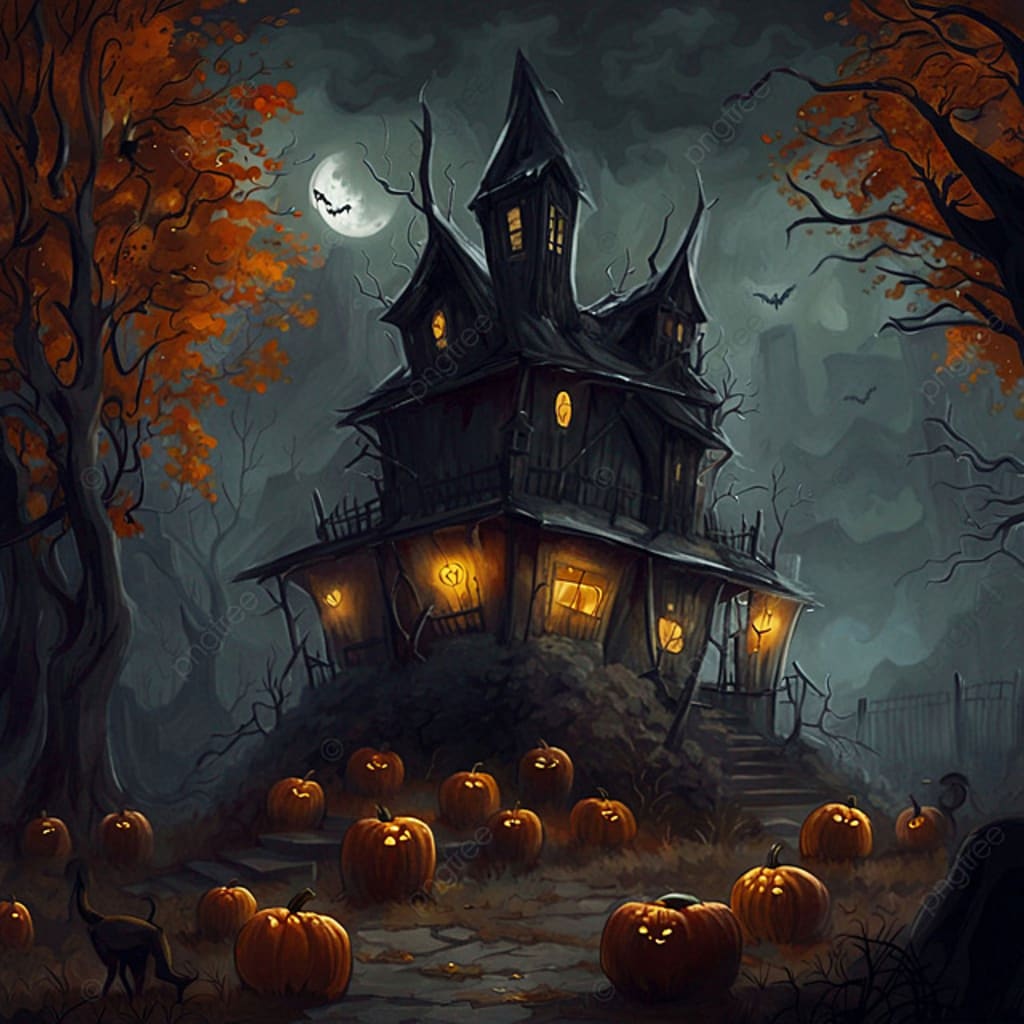The Psychology of Horror: Why Do We Find Certain Things Scary?
Unmasking the Thrills: A Dive into the Psychology of Horror

The horror genre has intrigued people for centuries, from scary stories told around campfires to frightening movies. The reason why horror captivates us so much is because it can trigger emotions like fear, suspense, and anxiety. But what makes certain things scary? Why do we become fascinated with the eerie, supernatural, and macabre? This article delves into the psychology behind horror, uncovering the mechanisms that make us scream, shiver, and crave spine-tingling experiences.
The Thrill of Fear
Many people enjoy horror because it provides a thrilling experience of fear. Fear is a powerful emotion that can trigger a physical response in our bodies, such as increased heart rate and adrenaline release. Watching a scary movie or reading a chilling story can make us feel like we are in danger, creating a rush of excitement and a sense of euphoria. This sensation can be addictive and enjoyable.
Catharsis and Relief
Experiencing fear through horror can act as a means of catharsis- a way to release pent-up emotions psychologically. It allows us to confront our deepest fears in a safe and controlled environment, leading to a sense of relief and closure. After the nerve-racking experience, we often feel triumphant and empowered, knowing that we have survived the ordeal.
Identification and Empathy
Many horror stories involve characters facing terrifying situations. We often identify with these characters, imagining ourselves in their shoes. This empathetic connection allows us to explore our own fears and anxieties in a safe and controlled way. It helps us confront and process our emotions, making us more resilient in real-life situations.
The Unknown and the Unpredictable
Horror thrives on the unknown and the unpredictable. The fear of the unknown is a deeply rooted human instinct. When we encounter something unfamiliar, our brains go into overdrive, trying to make sense of it. This heightened state of alertness keeps us engaged and on the edge of our seats, as we anticipate what might happen next.
The Element of Surprise
Jump scares, sudden plot twists, and unexpected events are common in horror. These surprises trigger a fear response, as our brains struggle to quickly process the new information. The element of surprise keeps us engaged and emotionally invested in the story, intensifying our fear and suspense.
The Macabre and the Taboo
Horror delves into topics that are typically viewed as eerie or forbidden in society. These topics include death, violence, and the supernatural, and they pique our fascination with the unknown. Despite being frightened by them, we are drawn to these themes because they allow us to explore taboo aspects of humanity in a safe, fictional setting.
Evolutionary Roots
Some psychologists argue that our attraction to horror has evolutionary roots. In our ancestral past, being attuned to potential threats in the environment was essential for survival. Horror may tap into this innate instinct, allowing us to practice and prepare for real-life dangers.
Psychological Defence Mechanisms
Our enjoyment of horror movies can be attributed to psychological defense mechanisms. By reminding ourselves that it is just fiction, we can distance ourselves from the fear and experience it without real-world consequences. This is known as cognitive dissonance.
Cultural and Social Factors
Cultural and social factors also influence our perceptions of horror. What one culture finds terrifying, another might not. These differences can be attributed to cultural beliefs, traditions, and social norms. For example, ghosts and spirits may be a source of horror in one culture while considered benign or even revered in another.
The Appeal of Supernatural and Paranormal
The supernatural and paranormal elements often found in horror stories tap into our fascination with the unknown and the unexplained. Whether it's ghosts, monsters, or supernatural powers, these elements captivate our imagination and spark our curiosity about the mysteries of the universe.
Coping with Real-World Fears
In a world filled with real-world anxieties, horror can offer an escape from everyday stressors. Watching or reading horror can serve as a form of distraction, allowing us to temporarily shift our focus from real-life concerns to fictional ones. It offers a psychological break and a way to cope with the pressures of modern life.
The concept of horror psychology involves a complex interplay of emotions, instincts, and cultural influences. It taps into our primal fears, our curiosity towards the unknown, and our craving for intense emotions. The genre of horror offers a safe and controlled environment for us to experience fear, providing both excitement and psychological relief.
Although some might question why one would voluntarily subject oneself to fear and anxiety, the ongoing popularity of horror demonstrates its significant place in human culture. Whether it's the adrenaline rush, the exploration of the human psyche, or the satisfaction of facing our fears, horror remains a genre that both intimidates and captivates us, reminding us of the intricate relationship between fear and fascination in our lives.






Comments
There are no comments for this story
Be the first to respond and start the conversation.